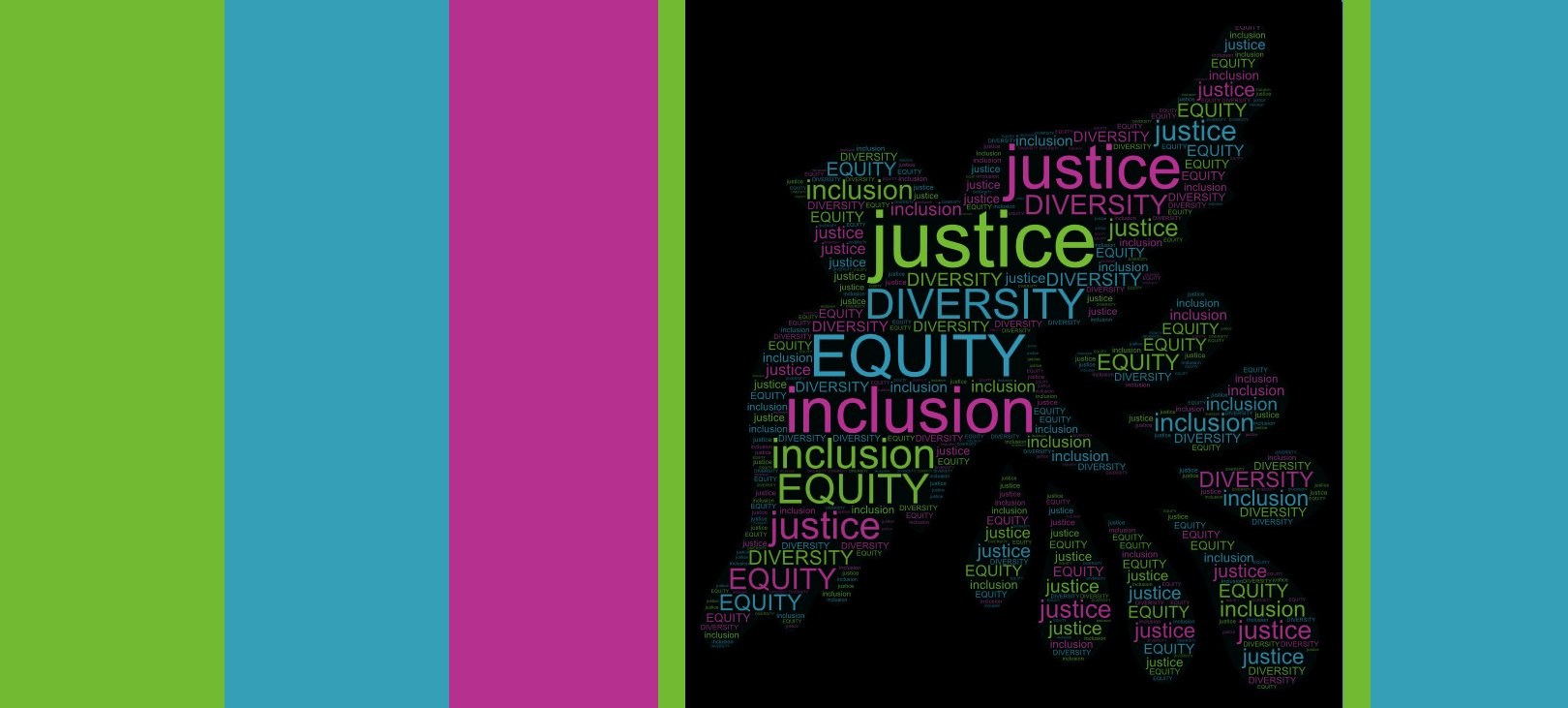Chicago Bird Alliance: Diversity, Equity, Inclusion & Justice Statement
A. This is a time of reckoning in our society. We are coming to terms with the unjust foundations of our judicial, social and economic systems. Our country’s history of colonization, patriarchy and slavery perpetuated racial, gender, sexual and physical ability inequities, and our economic system has led to the exploitation of land and people, as well as a culture of denial of the impacts on people and wildlife. We recognize the value of a government organized around just, equitable laws and agreements between people.
Chicago Bird Alliance is a birding organization that exists in this larger framework. This history of inequities has impacts on our larger society, on the birding community, and on CBA. Exploitation of resources and people and the denial of those impacts shape our interactions as people and as a not-for-profit.
Some of the ways this is demonstrated in birding culture and/or CBA:
Organization of our culture around white male naturalists. The naturalists who colonized this country and gave birds English names are still memorialized in those bird names and the culture of white men explaining nature persists to this day in some field trips and meetings.
Privilege hoarding and tone policing in negotiations with depredators of our environment such as land and energy developers, and funders.
A bird walk culture that sometimes focuses on species identification rather than the range of ways that people enjoy and appreciate birds and the natural world.
A reliance on a financial and legal system that enforces the status quo.
Reluctance on the part of some to visit birding spots in neighborhoods perceived as unsafe.
Some of the impacts on marginalized communities entering birding spaces:
Feeling unwelcome or unsafe
Fear of microaggressions in groups dominated by white people
Feeling that perceptions are not valued
Fear of wilderness areas
Some of the forces that we confront in advocating for birds and wildlife:
Refusal of people in power to fully recognize the impacts of development on people, birds and nature
Denial of our connection with birds and nature; a culture of minimizing the importance of learning about plants, wildlife, and natural systems and processes;
Degraded land and poor habitat quality
B. Chicago Audubon Society recognizes the history of inequities found throughout birding communities and has intentionally embarked upon an effort to better understand, empathize, include and be an ally to marginalized people. Chicago Bird Alliance has sought to create a diverse board, staff and volunteers. Our current strategic planning includes engagement with marginalized communities to involve all members of the Chicago area in the appreciation and protection of the natural world. A grant program was designed to expand birding into a greater diversity of neighborhoods with bird walk leader training for members within these communities. In 2021, the CBA board hired a DEIJ consultant to help us better understand the issues of cultural sensitivity and how to maintain an ongoing commitment to these principles throughout all our programming and initiatives. CBA is developing a land acknowledgement and this DEIJ statement of responsibilities that affirm our commitment to being an inclusive and equitable organization that understands the importance of the social justice under which we can work together for the preservation of the natural world.
We acknowledge that the work will be ongoing rather than a one-time effort. By spelling out a clear stance of inclusion and equity and asking everyone to commit to aligned action, CBA avoids saying the right thing yet doing the easy thing.
C. CBA is committed to centering marginalized communities in its planning, decision making, and programming going forward.
D: In its communications work:
Our communications committee will work with reviewers to assure the cultural sensitivity of our organization’s messaging. We will offer blog posts that reflect on the topics covered in this DEIJ statement and ensure that our communications are diverse and balanced regionally. We will acknowledge Black History Month, Women’s History Month, Asian Pacific American Heritage Month, Pride Month, National Hispanic Heritage month, Birdability Week and Indigenous People’s Day. Tools can include inviting others to post on our social media (takeovers), and inviting people from named communities to tell their stories and give their point of view. We will review quarterly.
E: In its program, event and field trip work:
The DEIJ statement will be mentioned at all CBA sponsored events/programs.
Bird walk/Field trip leader will offer (or allow others to offer):
At the beginning of walk/trip:
Acknowledgement of historical exclusion, both overt and unintended
Acknowledgement of indigenous lands and communities
Acknowledgement that we are all learning. Invite folks to be active participants and allow everyone to engage
Invite people to share and respect others pronouns during introductions if they are comfortable
Explain the process of how birds will be described and pointed out
During the walk:
Actively engage and validate participants of all experience and enjoyment levels
Acknowledge of all contributions and feedback
Avoid language and terminology that might not be understood or be misinterpreted
F: In its board operations:
Set goals for participation on the board by members of different marginalized groups:
Review spending practices to ensure that we patronize MBEs (Minority-owned businesses) when possible
Find a bank and investment opportunities that are more in line with our beliefs
Spell out hiring practices that ensure that qualified BIPOC individuals are considered.
Support local environmental justice issues and amplify messages from environmental justice groups through our media.
Designate a certain meeting each year for review and editing of this statement.
Develop a DEIJ/anti-racism commitment to be added to the board membership agreement.

